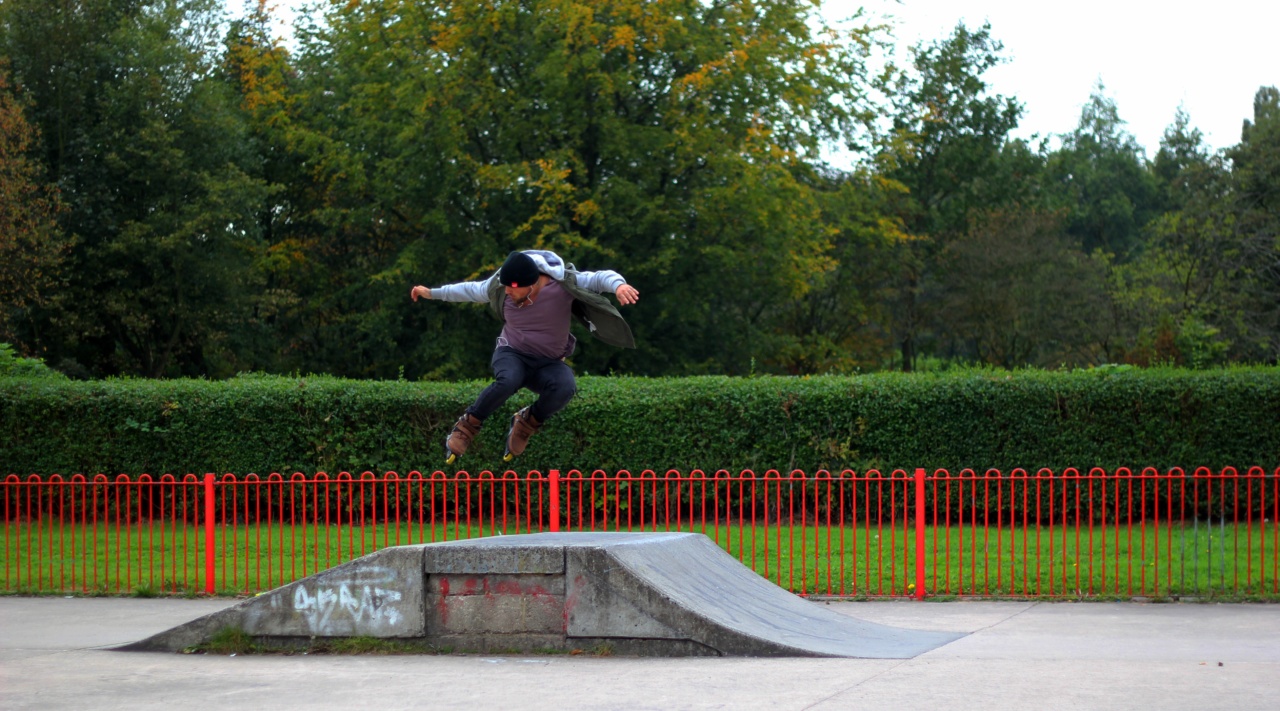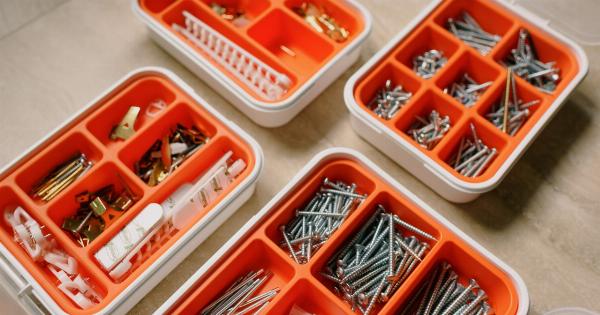Allergies can be tough to manage, especially when it comes to your children. It’s not always easy to know what your child is allergic to, and even when you do, managing their reactions can be a challenge.
This article will give you some tips and tricks on how to manage your child’s allergies, so you can keep them safe and healthy.
1. Know Your Child’s Triggers
The first step in managing your child’s allergies is to know what they are allergic to. This may require some testing, either through a doctor or through trial and error.
Once you know what your child is allergic to, you can take steps to avoid those triggers.
Common allergens that affect children include:.
- Pollen
- Dust mites
- Mold
- Pet dander
- Foods such as peanuts, tree nuts, milk, eggs, and soy
2. Keep Your Home Clean
One of the best ways to prevent allergic reactions in your child is to keep your home clean. This means regular vacuuming, dusting, and washing of linens and bedding. You should also consider using a HEPA air filter to keep the air in your home clean.
3. Avoid Triggers Outside the Home
While you can control the environment inside your home, it’s not always possible to avoid triggers outside. However, there are steps you can take to minimize the risk of exposure. For example:.
- Avoid going outside on high pollen days
- Keep windows and doors closed during high pollen times
- Wash your child’s hands and face after playing outside
4. Talk to Your Child’s School
If your child has allergies, it’s important to talk to their school about the situation. Let the staff know what your child is allergic to and what the signs and symptoms of an allergic reaction are. Provide them with an EpiPen if necessary.
5. Make Sure Your Child Knows What They’re Allergic To
Teach your child what they’re allergic to, so they can avoid those triggers themselves. Explain what an allergic reaction looks like and how to seek help if they have one.
6. Consider Allergy Shots
In some cases, allergy shots can be effective in reducing the severity of an allergic reaction. Talk to your doctor to see if this is an option for your child.
7. Be Prepared for a Reaction
Finally, it’s important to be prepared for a reaction. Make sure you have an EpiPen on hand if your child has a severe allergy. Keep a list of emergency contacts on hand, and make sure your child knows who to call in case of an emergency.
Conclusion
Managing your child’s allergies can be challenging, but it’s important to take steps to keep them safe and healthy. Know your child’s triggers, keep your home clean, and avoid triggers outside.
Talk to your child’s school about their allergies and make sure your child knows what they’re allergic to and how to avoid triggers themselves. Consider allergy shots if necessary, and always be prepared for a reaction.































